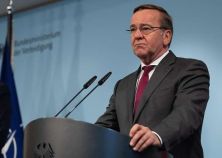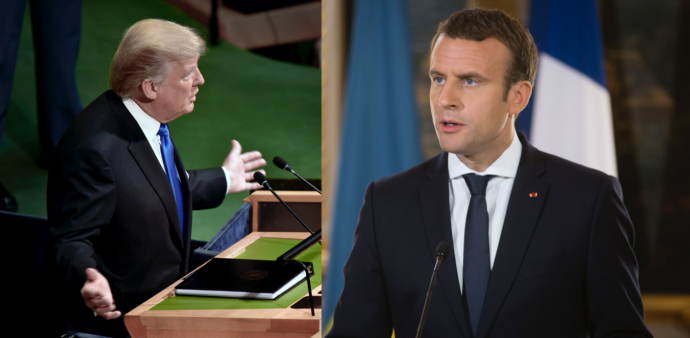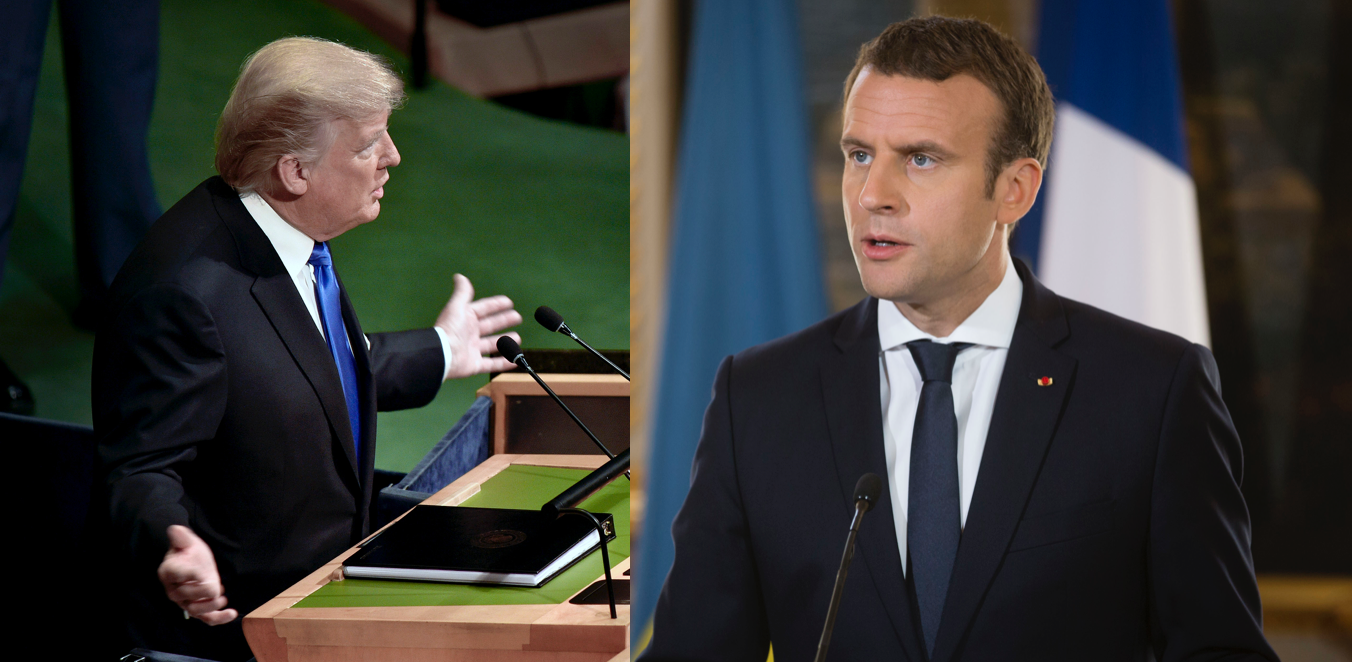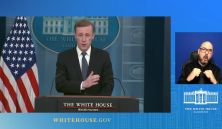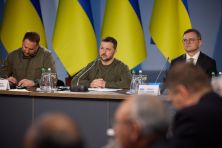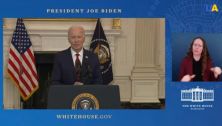Photos Ukrinform
There is no more doubt at this point – after 7 years of conflict – that Bashar al-Assad’s government has committed war atrocities on multiple occasions, bombing civilian populations with both conventional bombs and chemical agents.
The US President Donald Trump took the world by surprise a year ago when he ordered the attack of the Syrian military airbase of Shayrat, held responsible for the launching a chemical attack on Khan Shaykhun a few days prior. This came as a surprise for several reasons. First, the previous US administration of President Obama never took on such bold measures despite the fact that chemical weapons were announced to be a “red line” not to be crossed by Barack Obama himself – a line that Assad violated several times. This lack of action during the majority of Obama’s time in office certainly comforted Assad and his allies in the idea that the West would not move an inch to protect civilian population – due to the high financial cost of such operations but also because of the lack of public support in Western nations for yet more interventionism in the Middle East region. Second, this lack of action got the whole world used to it, despite the atrocities being committed and constantly relayed throughout Western media news sources. One political attempt to gather sufficient international support to intervene militarily in Syria – involving former French and US President François Hollande and Barack Obama, as well as former British Prime Minister David Cameron – did occur at the beginning of the conflict, however never passed the stage of public discussion as it was widely confronted by internal division in the three respective countries.
It would seem now that the wind might have changed direction since the election of Donald Trump and Emmanuel Macron, respectively in the United States and France. Both President have been adamant that Bashar al-Assad’s uses of chemical weapons on its own civilian population was not to be further tolerated by the international community – and once more, the US President already demonstrated once that his declaration was not mere rhetoric, but concrete. The latest chemical attack in the city of Eastern Ghouta on April 7 that claimed the lives of more than 70 people and affected more than 1,000 civilians is forcing Paris and Washington to consider a “strong, joint response.” These words can indeed be interpreted in different ways, but firm rhetoric from both administration carries all the signs of a military response like the one we witnessed a year ago from Washington. Both Presidents are to thoroughly investigate the situation in order to lift any shadow of a doubt as to who is responsible for the attack, after which a decision should be made to appropriately retaliate against the perpetrators.
